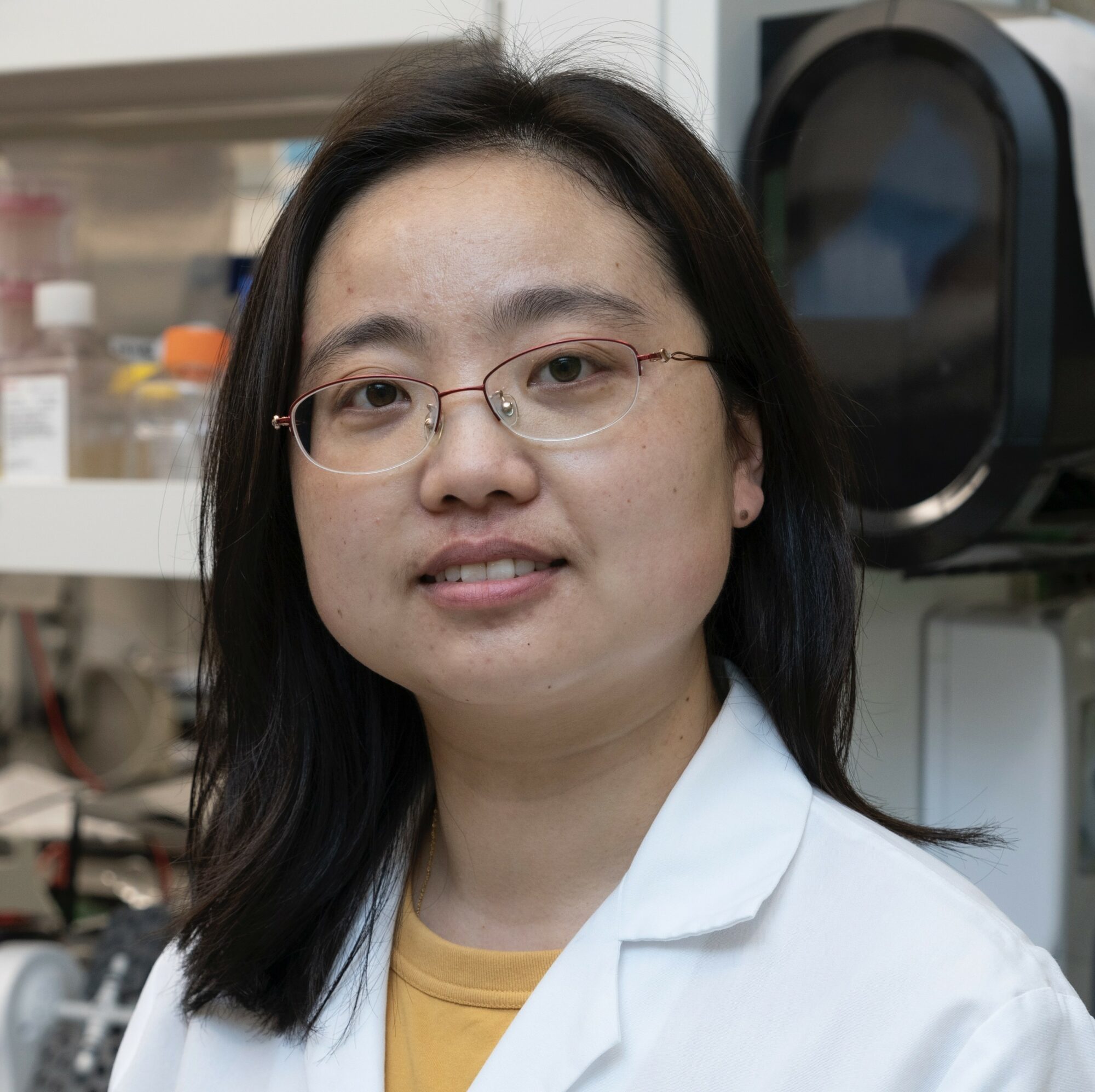Dysregulated Uridine Homeostasis Stimulates Hepatic Glucose Production in Obesity and Associated Type 2 Diabetes

Research Area
Diabetes
Grant Type
Fellowship
Year
2023
Abstract
SType 2 diabetes (T2D) and its associated complications are high-risk factors for mortality and disability. Obesity is a major driving force for T2D. It is important for us to find out why people with obesity are more likely to have diabetes. Glucose production in the liver is increased in obesity, yet we still do not know how this happens. In this project, we studied a new mechanism underlying liver glucose production. Uridine, a uracil nucleoside used for DNA and RNA synthesis, is supplied by the liver. Blood uridine level is different in patients with diabetes, suggesting the uridine supply from the liver is altered. Meanwhile, we found that the liver produces less uridine in obese mice. Thus, uridine production in obesity is inversely associated with glucose production in the liver, suggesting that the uridine supply might affect blood glucose. To study this, we will use custom-made mouse models and high-fat diet feeding to reveal how increased uridine production in the liver affects glucose production in obesity. We will also use liver cells to study the direct and indirect impact of uridine on glucose production in the dish. Successful conduction of the proposed study will provide new insights into the onset of diabetes due to obesity, which may lead to new treatment designs for diabetes.

